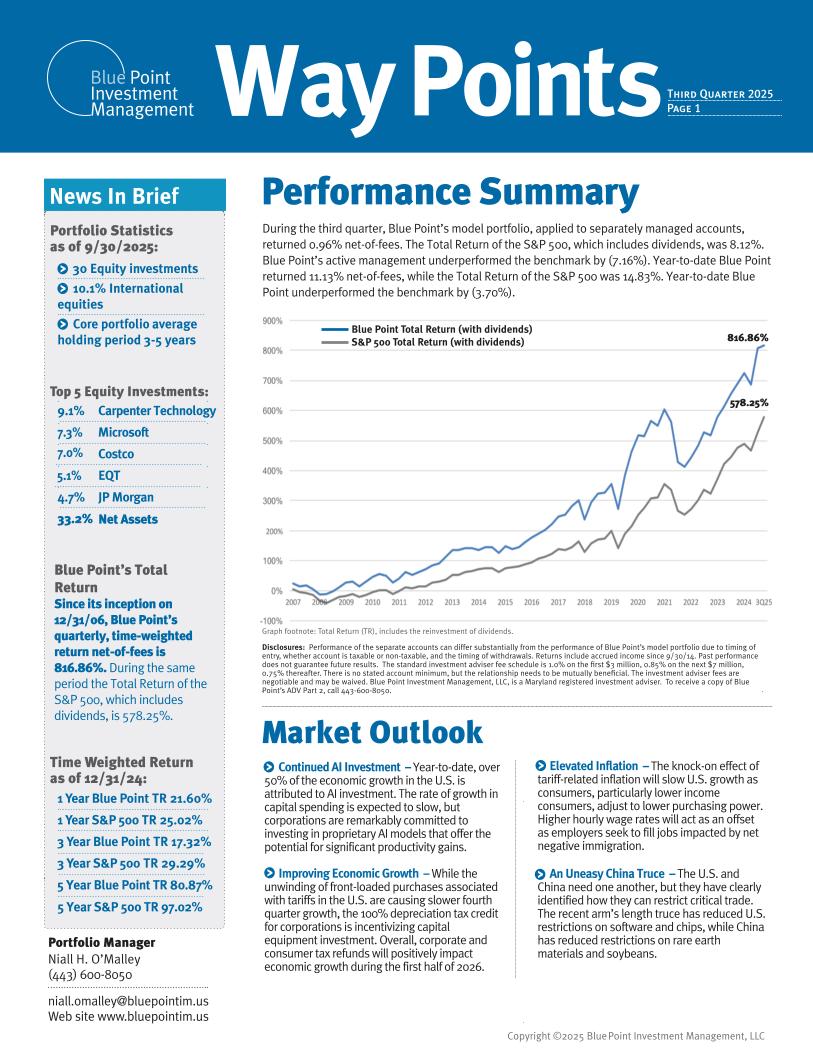
September 20, 2010 | By Gary Haber
Greater Baltimore stocks took a beating in the market’s near collapse two years ago — and some have yet to recover.
The region’s 10 biggest publicly traded companies lost a combined $2.7 billion in market value since Lehman Brothers’ bankruptcy filing on Sept. 15, 2008. These companies had a combined market capitalization of $43.6 billion the day Lehman tumbled into obscurity. Their combined market cap — a company’s share price multiplied by shares outstanding — was down to $40.9 billion as of Sept. 10 this year.
The biggest laggards were FTI Consulting Inc., down 50.4 percent, and Constellation Energy Group Inc., off 35.3 percent. Shares of Legg Mason Inc. fell 21.4 percent over that period.
Those declines are from three to nine times worse than how the Standard & Poor’s 500 index did over the same period. The S&P, a broad gauge of large-company stock performance, fell 6.9 percent during that time.
But the pain has not been shared equally. Half of the 10 stocks fell, by an average of 23.4 percent. The other five rose an average of 24.6 percent.
The leader: W.R. Grace & Co., whose shares gained 52.9 percent, even while the company remains under Chapter 11 bankruptcy protection. It was followed by Micros Systems Inc., up 40.6 percent, and Under Armour Inc. The athletic apparel maker’s stock rose 19.4 percent.
How the stocks of Greater Baltimore’s largest public companies perform matters both to investors and Greater Baltimore’s economy. These companies are among the region’s biggest employers. If their stocks suffer, layoffs can — and did — happen. Their shares are a part of local investors’ portfolios, meaning that a chunk of many peoples’ financial security is tied to how well they perform.
What has happened in Baltimore reflects how the Great Recession has whacked the financial services industry, said William Longbrake, co-director of the Center for Financial Policy at the University of Maryland’s Robert H. Smith School of Business. That helps explain why shares of Legg Mason Inc. and T. Rowe Price Group Inc. are trading below their September 2008 levels. T. Rowe Price’s stock is off 9.9 percent.
“What stock prices do is look to the future,” said Longbrake, formerly chief financial officer for Washington Mutual, the defunct Seattle bank, from 1982 to 2002. “When revenues are down, and earnings are squeezed, stock prices are going to go down.”
But each company has its own story. Some will outshine the market and others will lag behind depending on their individual responses to the economy and the challenges of their particular industry.
“Like separating the sheep from the goats, the best-performing companies will break out of the pack,” Longbrake said.
Both businesses and consumers created stagnancy in the market. Companies cut back on big purchases of technology and equipment. Consumers dramatically pared discretionary spending.
Yet, two of Greater Baltimore’s biggest public companies were able to overcome those obstacles. Micros, which makes software used to process sales and track inventory for hotels, has convinced hoteliers its technology will lower costs, said Niall O’Malley, a portfolio manager.
And Under Armour has done a good job of growing sales by skillful marketing of its athletic shoes and clothing, said O’Malley, managing director at Blue Point Investment Management.
On the other end of the spectrum, FTI Consulting’s lagging stock price is tied to the downturn in mergers and acquisitions activity. Part of the company’s business involves advising companies on M&A and corporate finance. Both slowed during the recession.
That doesn’t necessarily mean FTI is not an attractive stock. Lower prices mean bargains for investors willing to take a risk.
“At this point, we think it’s pretty attractively priced,” said Michael Fusting, co-chief investment officer at Corbyn Investment Management in Lutherville. Cobryn is the adviser to the Greenspring Fund, a $700 million mutual fund that invests in undervalued companies.
Its holdings include FTI. FTI was the Greenspring Fund’s second-largest holding, as of Aug. 31, accounting for 3.3 percent of the fund’s net assets.
Constellation Energy has had some well-publicized financial woes during the past two years. That explains why its share price has fallen by more than one-third since September 2008. A credit crunch nearly led to the company’s sale in 2008 to MidAmerican Energy Holdings Co.
Instead, Constellation regrouped during the past two years, paying down debt, parting with non-core business units and selling just less than half of its nuclear business to French utility EDF Group for $4.5 billion.
Constellation’s shares have doubled in price since hitting a low of $15.50 on March 6, 2009. Shares were trading at $31.47 on Sept. 16.
Visit Link Back to Previous
